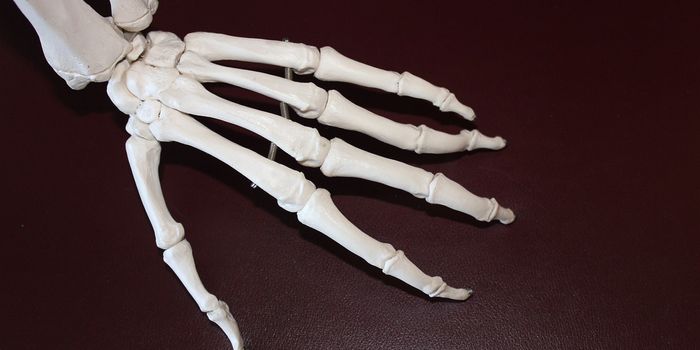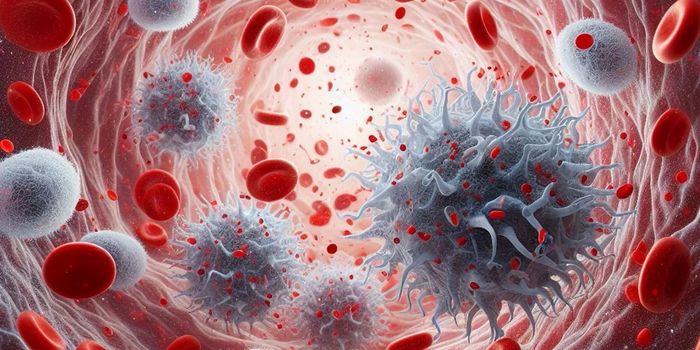When four children from Pakistani and Turkish families presented with skin rashes and inflamed joints that doctors couldn’t explain, a team of researchers from the National Institutes of Health soon realized that the children all had an inflammatory disease that had never been seen before.
Following their research, NIH scientists are now referring to the disease as “otulipenia.” Based on what they’ve been able to learn about the disease since its discovery, the researchers believe it’s relatively rare and sometimes lethal, but treatable with anti-inflammatory drugs. Symptoms include fever, skin rashes, diarrhea, joint pain, and a “failure to grow or thrive.”
Using next-generation genetic sequencing of the four children with the disease, researchers quickly identified a malfunctioning protein encoded by a gene on chromosome 5 as the causative agent: a protein called OTULIN.
"The malfunction in this protein has not been previously linked to clinical disorders of the human immune system," said Ivona Aksentijevich, MD, study co-author. "This discovery suggests a direction that can be explored for development of new therapies for patients with a wide range of inflammatory diseases."
In healthy individuals, OTULIN acts as a “deubiquitinase” enzyme, meaning it breaks a protein called ubiquitin. OTULIN is also known to play a role in regulating angiogenesis (the development of new blood vessels) and stimulation of the innate immune response by mobilizing immune cells and proteins.
However, it appears that OTULIN “misbehaves” a bit in cases of otulipenia. Specifically, processing of ubiquitin is disturbed: mutated OTULIN fails to remove ubiquitin proteins from certain molecules. This reaction leads to an abnormally high amount of inflammatory cytokines to be produced; when ubiquitin is properly taken care of by OTULIN, the protein then regulates the release of immune molecules, such as inflammatory cytokines.
The immune pathway that is disturbed from defective OTULIN leads to the various symptoms present in the children found with the disease, the researchers discovered.
A potential solution for the disease includes tumor necrosis factor (TNF) inhibitors, drugs that also successfully reduce inflammation in rheumatoid arthritis, another chronic inflammatory disease.
This study was recently published in the journal
Proceedings of the National Academy of Sciences.
Source:
UniProt,
National Institutes of Health/National Human Genome Research institute









